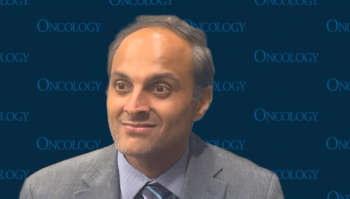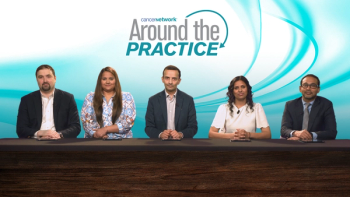
Panelists discuss how optimal sequencing strategies suggest using chimeric antigen receptor (CAR) T-cell therapy first when eligible, followed by switching targets (from B-cell maturation antigen [BCMA] to GPRC5D) upon relapse rather than staying with the same target, while acknowledging that sequential bispecific use may be challenging due to T-cell exhaustion and recommending “sandwiching” T-cell sparing agents like cereblon E3 ligase modulators (CELMoDs) between bispecifics to allow T-cell recovery. However, they note that monthly dosing schedules and treatment holidays may change these dynamics in the future.


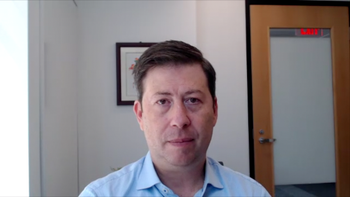
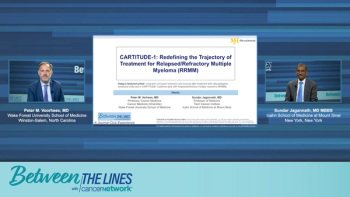
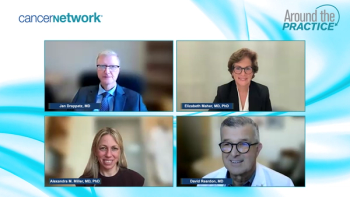
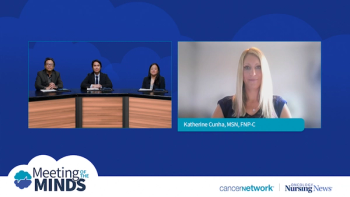
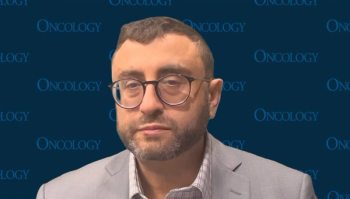
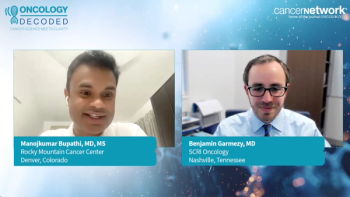
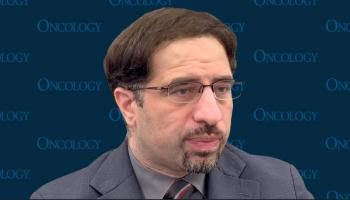

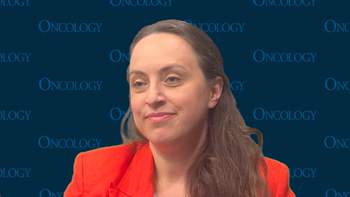
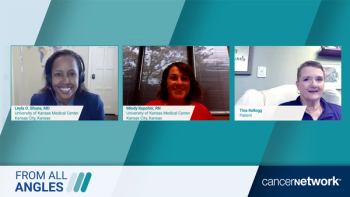
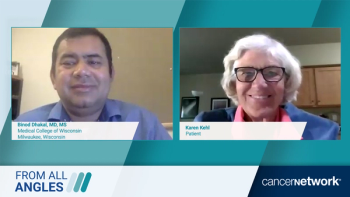
![“As a community, if we’re looking to help enroll and advocate for patients with rare [kidney cancers], we need to be aware of what is out there,” said A. Ari Hakimi, MD.](https://cdn.sanity.io/images/0vv8moc6/cancernetwork/a69f69efca1ade2e100fbb9cdf798d49ea5a0f94-2966x1684.png?w=350&fit=crop&auto=format)
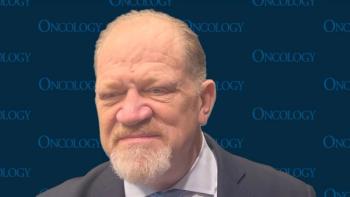
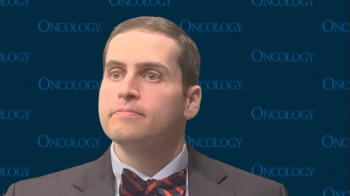
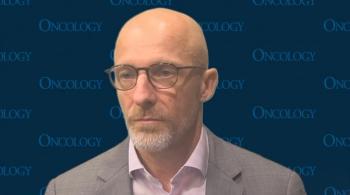
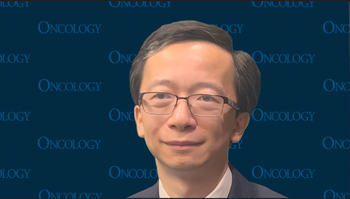
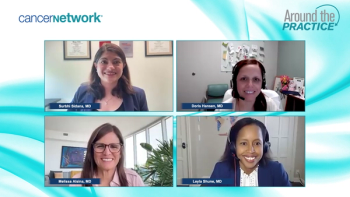
![“The trial will be successful, or [we’ll] declare it a success if we see at least 3 of 24 responses overall,” stated Ravi, MD, BChir, MRCP, on the phase 2 LASER trial in RCC.](https://cdn.sanity.io/images/0vv8moc6/cancernetwork/9addaac21d809a7b642a567b0a704cbb15d87ac5-2966x1684.png?w=350&fit=crop&auto=format)
